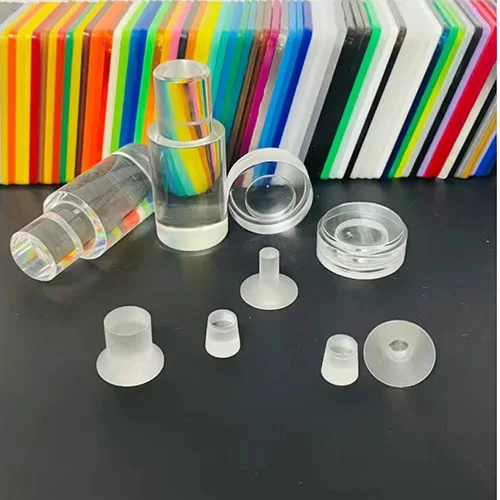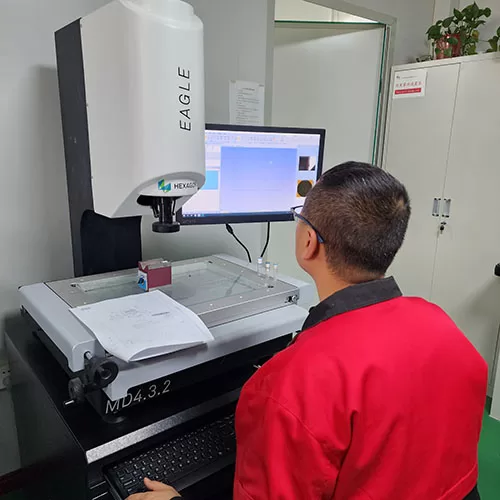In addition to metals, plastics are also important CNC materials. In fact, there are many types of plastics for CNC machining. So do you know which plastics can be used as CNC materials?
Types of Plastics Available for CNC Machining

Plastics commonly used for CNC machining include ABS, polycarbonate, PEEK, PTFE (Teflon), HDPE, acrylic, nylon, and acetal (Delrin). Each of these plastics has its own set of properties, advantages, and disadvantages. For example, ABS offers high impact strength and toughness, while polycarbonate is transparent and durable. PEEK is known for its high temperature resistance, and PTFE (Teflon) has excellent chemical resistance. HDPE is valued for its low friction and chemical resistance, while acrylic is transparent and offers good optical clarity. Nylon is recognized for its high strength and rigidity, and acetal (Delrin) is suitable for producing high hardness precision parts. When choosing a plastic for CNC machining, factors such as thermal expansion, heat deflection temperature, hardness, strength, and the specific requirements of the application should be considered.
The most commonly used plastic materials for CNC machining include:
- Acetal (Delrin): Known for its high strength, stiffness, and dimensional stability.
- Nylon 6/6: Offers good chemical resistance, heat resistance, and durability.
- HDPE (High-Density Polyethylene): Provides excellent chemical resistance, electrical insulation, and a slippery surface.
- Acrylic: Transparent and durable, with high optical clarity.
- ABS (Acrylonitrile Butadiene Styrene): Offers high impact strength, toughness, and electrical resistance at a low price.
- Polycarbonate: Transparent and durable, with high impact resistance.
These plastics are widely used in various industries due to their specific properties and suitability for CNC machining.
Don’t have the materials you need for your project among the above materials? Don’t worry, fill in your needs in the form and our technical staff will contact you via email later!

